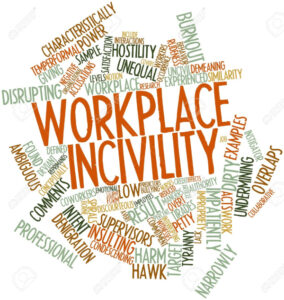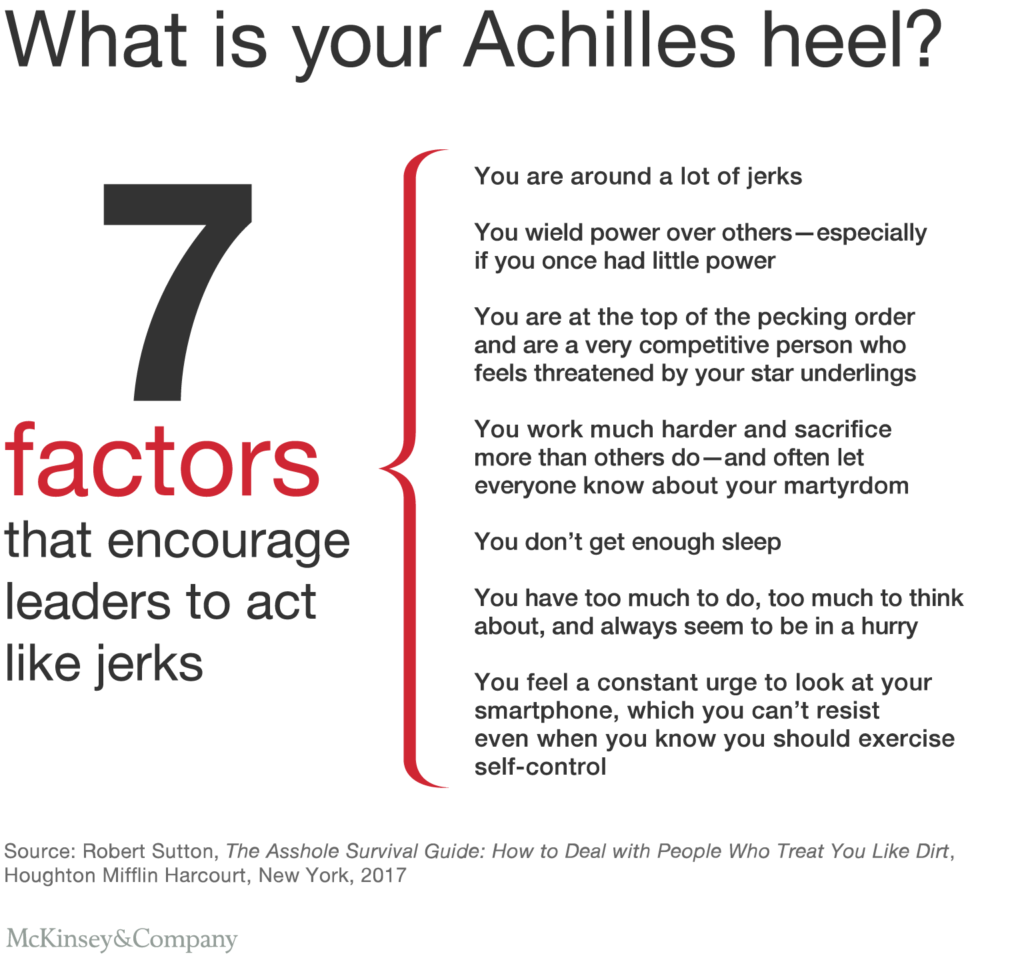On the blog
- By Tammy Tansley
- / October 3, 2017

Exactly when we want to turn away and change the topic, or just end the conversation, or counter, as you say, we also have the opportunity to ask what else we need to know to fully understand the other person's perspective.
- By Tammy Tansley
- / September 4, 2017

But just adding extra entitlements to employees isn’t necessarily the answer. It’s not about employees getting more. But rather, that what’s already there is looked at through a more flexible lens. That there is give and take both ways. That flexibility given by the employer is acknowledged and reciprocated by employees.
- By Tammy Tansley
- / August 29, 2017
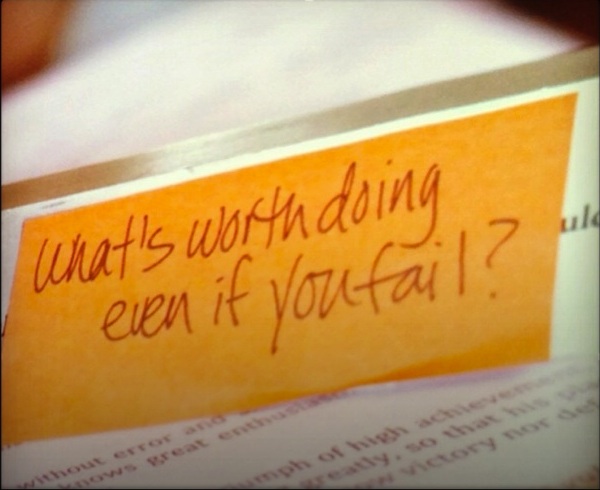
The question that is often asked is what would you do, if you knew that you wouldn't fail? That is, if success was guaranteed. What would make you brave?nBrene Brown asks a different question - what's worth doing even if you fail? What's worth doing for the learning, for the journey, for the lessons learnt?
- By Tammy Tansley
- / August 24, 2017
- By Tammy Tansley
- / August 18, 2017

BUT, there are some threshold questions that need to be considered well before any of the above. Questions that might mean that a change should never progress beyond the initial concept:
- By Tammy Tansley
- / August 16, 2017

Australia’s National Research Organisation for Women’s Safety (ANROWS) cite research that 1 in 4 women will experience emotional abuse from a current or former partner and 1 in 6 women will experience physical or sexual violence from a current or former partner.
- By Tammy Tansley
- / August 7, 2017

We know that contagion of emotions is real. So if you're coming into work and trying to lead your team whilst your life is falling down around you, it's very likely that sense of panic and disarray will transfer to your team too. So, this stuff matters - both for you and for the impact it has on those around you.
- By Tammy Tansley
- / July 31, 2017
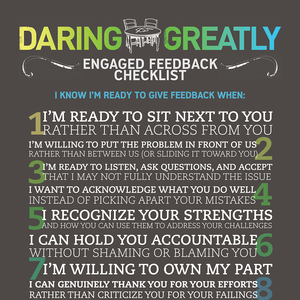
They're depressing because we know this stuff. We "know" what makes for an engaged workforce. Read the excerpt below and you'll see none of it is unexpected, or even new. And whilst the best employers certainly do know it, and live it. There are a whole heap of organisations who just don't.
- By Tammy Tansley
- / July 28, 2017

We know that diversity of thought and experiences makes good business sense. We know that organisations with women on boards perform better than those that don’t. More women in leadership would hopefully break down the unhealthy “boy’s club” culture that is endemic in many of our organisations.
- By Tammy Tansley
- / July 4, 2017
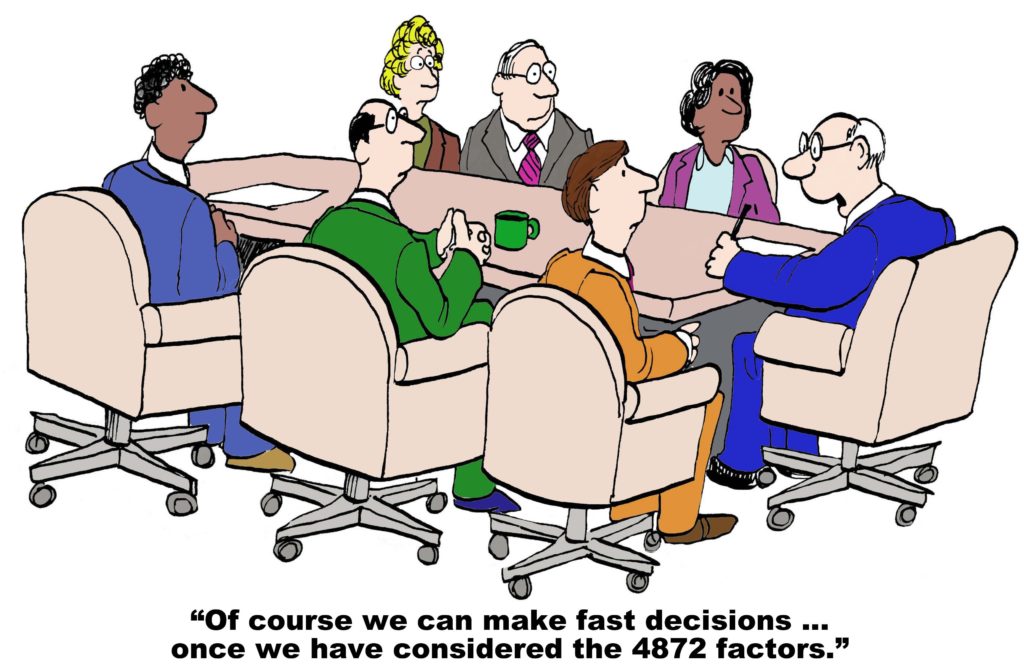
He has a nice model that summarises their characteristics with some suggested approaches for managing or leading each one.. It's worth the read as it makes some good points, and no doubt you'll recognise teams you have worked (or work?) in.
- By Tammy Tansley
- / June 30, 2017
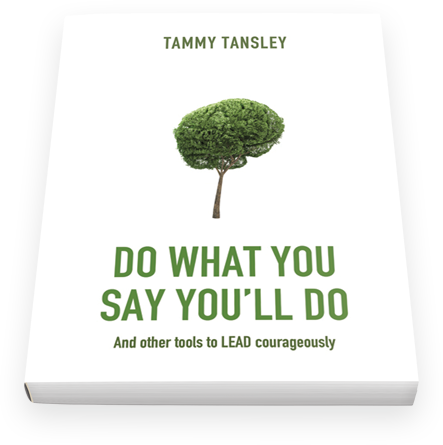
This is why I do what I do. The impact of leadership - good and bad is so enormous.
- By Tammy Tansley
- / June 16, 2017

The notion that a few extraordinary people at the top can provide all the leadership needed today is ridiculous, and it is a recipe for failure.
- By Tammy Tansley
- / June 5, 2017

There's been plenty published on the insidious imposter syndrome and how it can play with your head with thoughts like those above.
- By Tammy Tansley
- / May 27, 2017

Ultimately, it is more about the sorts of organisations we want to have going forward. What we expect of our leaders. What sort of culture we want to be known for. And whether we believe the evidence that the ways that we interact with each other impacts on how profitable, efficient and productive our organisations are.
- By Tammy Tansley
- / May 27, 2017
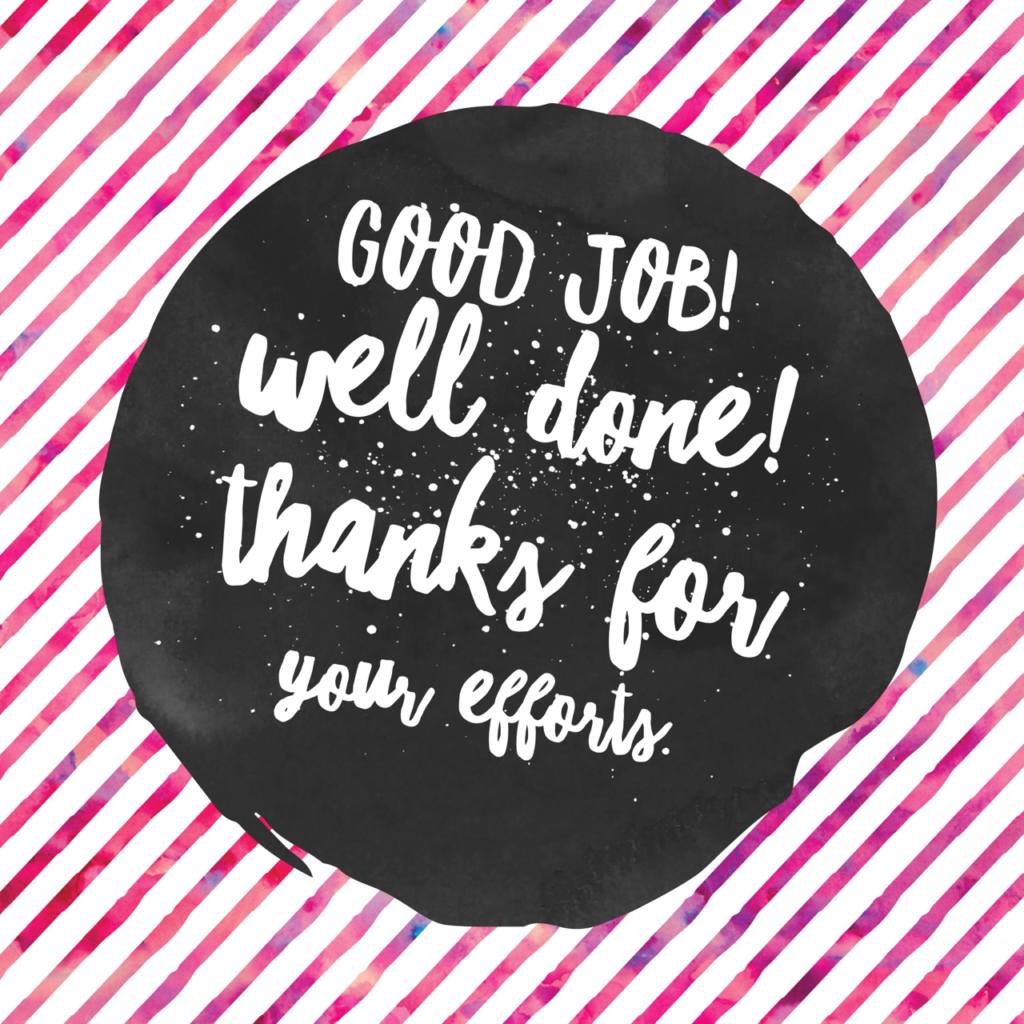
It turns out that there are just two words that employees want to hear. Even in preference to a pay rise.
- By Tammy Tansley
- / May 15, 2017

In part, pay rises are about recognition and reward. But we know that money is not the only currency that employees value. Flexibility and investment in skills and development are both areas that employees value over money.
- By Tammy Tansley
- / May 9, 2017

It's almost as though the boards make the calculation that the value/experience/brand that the CEO brings is worth more than the poor behaviour. That they can tolerate the poor behaviour because of their performance in other areas.
- By Tammy Tansley
- / April 17, 2017

If you can look at it not for how you perceive that it reflects on your own competence, but rather, what it means that your team can deliver for the organisation.


